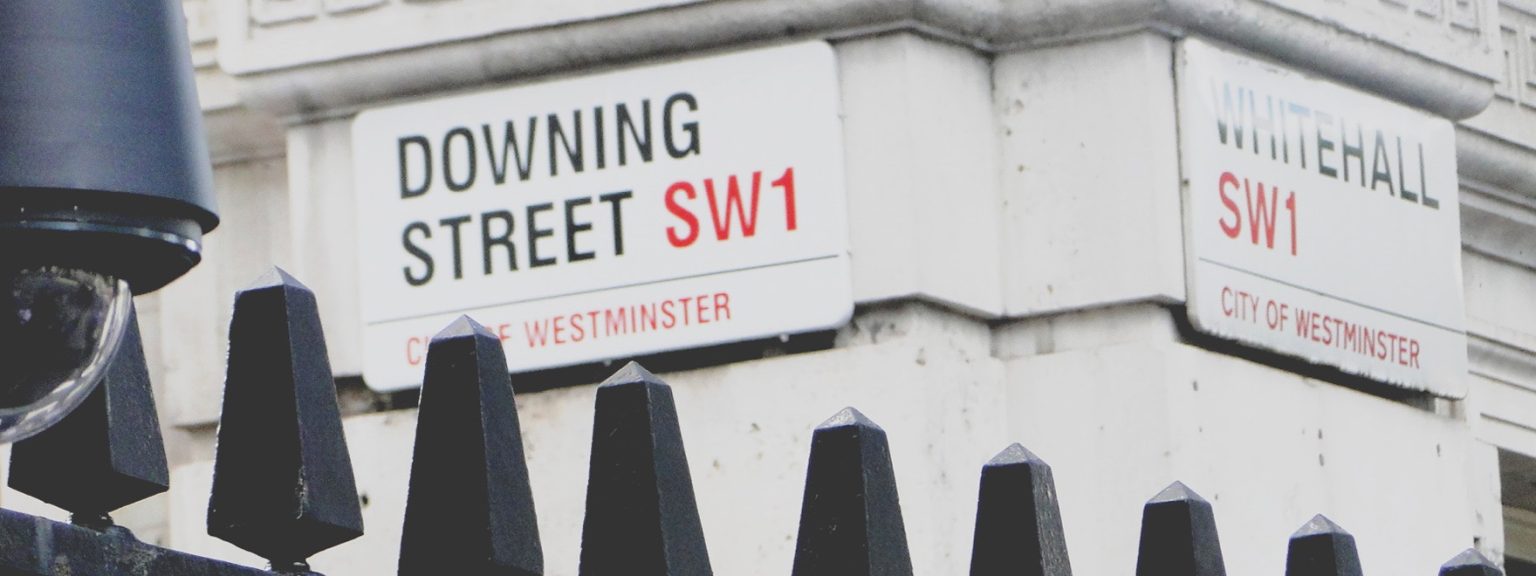
- By Content Coms
- In Thinking, Useful Stuff
We ask: Does the Brexit Bill really break international enviro law?
In a remarkable start to the New Year, The Guardian is reporting that the Government may have breached a major ‘environmental democracy’ law by failing to consult the public when drawing up Brexit legislation.
What’s the concern about?
The Guardian explains a UN committee has confirmed it is considering a complaint from Friends of the Earth (FOE) that the Government’s EU withdrawal bill breached the Aarhus convention, which requires public consultation on any new environmental law.
William Rundle, Lawyer for FOE, told The Guardian: “The government said Brexit was about taking back control, yet it has ignored the views of the UK people in taking it forwards.
“There has been no consultation on what the withdrawal bill could mean for the environment and environmental legal protections, or what is the best way forwards.”
To date, the Government has been largely positive in its environmental steps, delivering moves towards clean, low carbon growth and setting up the future for a lower carbon, smarter grid and energy system.
Nonetheless, according to FOE, key pillars of green law including the polluter pays principle and the precautionary principle could be at risk, as could the public’s ability to challenge changes to environmental laws.
What’s the real danger?
The key is this; as The Guardian notes, most of the UK’s environmental laws derive from or interact with EU law, and FOE has raised concerns that the withdrawal bill gives ministers “unique and wide-ranging powers” to amend or delete EU-derived environmental law without public consultation, if ministers consider it appropriate.
That’s another way of saying ministers could sneakily draw back on the green laws that have made the UK among the most progressive nations on environment.
According to DEFRA, “Over 1,100 core pieces of directly applicable EU legislation and national implementing legislation,” fall within the department’s remit.
That is a lot of environmental law. It’s not hard to envision how certain chunks could simply be removed or fall by the wayside without proper scrutiny. How would anyone know what was really going on?
According to the Aarhus convention, information relating to environmental legislation must be provided by public authorities “in a timely and transparent manner,” and the public must be allowed to participate in the development of new laws at an early stage of their preparation.
The third pillar is public access to justice, should a party violate or fail to adhere to environmental law or the convention’s principles.
But there is this to consider; the UK is leaving the EU. Is anyone in Whitehall concerned about breaking another convention when we’re already leaving the core of our commitments regardless?
For many, the point of Brexit was to make our own rules, not adhere to those stipulated by others.
What happens next?
The Government now has until June 5 to provide its written response to the complaint. The committee will then decide whether the Government is in breach of its obligations.
But even if it is, how would Theresa May respond? For now, the existing withdrawal bill does not require current environmental standards to be maintained after Brexit.
The chances are if we stick with existing EU based green law, it will be because ministers want to, not because of EU displeasure or wider conventions.
Content Coms is one of the UK’s leading B2B communications consultancies specialising in the environment, buildings and technology sectors. If you’ve enjoyed our article, how about reading more of our news and analysis?

